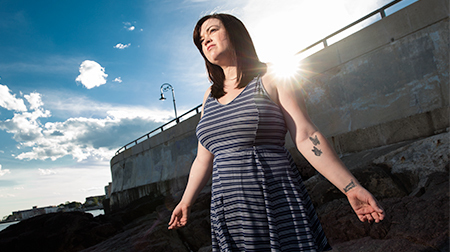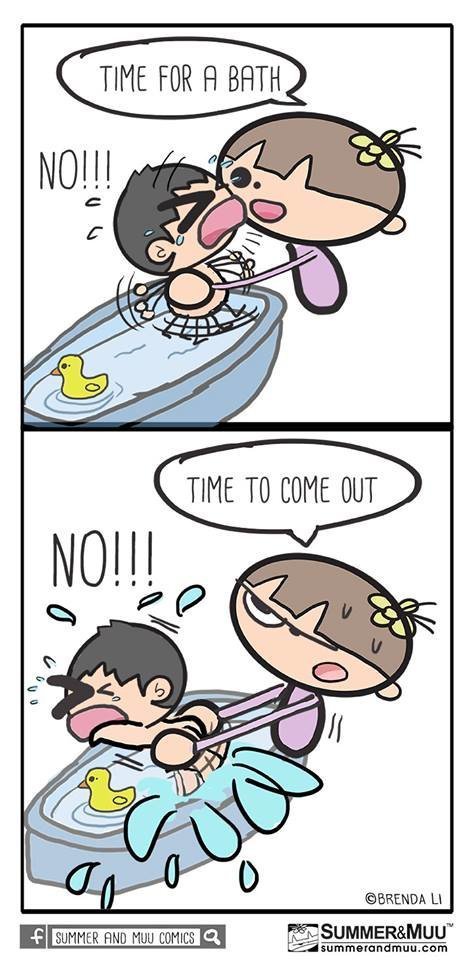It seems every time I turn around, someone is talking about anxiety as if all anxiety is “disordered.” Not all anxiety is disordered, and in fact, a certain amount of anxiety is actually healthy. There is a generalized anxiety we should all have because life is built upon the unpredictable. I have witnessed the people I treat each day, including myself, turn anxiety into their greatest superpower. It comes down to mindset. To follow are nine ways to use anxiety to greatly benefit your benefit.
1. Pressure.
Pressure is a wonderful thing. It is when we’re under the intensity of high-pressured situations that we are the most alert. Our physiology responds automatically, putting us into the biological experience of fight-or-flight, where it feels like our very survival (reputation, closing a deal, relationship, promotion) may be at stake. Instead of viewing this anxiety as negative, train yourself to see it as fuel; the energy you need to jump into action to save your life. We need pressure to provoke us. Many procrastinators unconsciously lag, to allow for enough pressure to build, until they are forced into performing, or else face harsh consequences.
2. Risk.
Life is about risk. Without risk, and the natural anxiety that goes along with it, we would never get outside of our comfort zone long enough to grow in our self-development. Excitement and anxiety are often confused, causing some to falsely interpret the intensity of their excitement as negative. We must train ourselves to embrace the unfamiliar, and what it feels like to be there. Happiness requires pushing through the anxieties of the unknown. The more we do this, the easier it gets, and the more successful, confident and trusting of ourselves we become.
3. Intuition.
When we’re feeling “anxious,” we could also simply be in touch with our gut instinct. Oftentimes, the right answer grabs our attention by sending us strong doses of intense fear or anxiety. Fear shocks us into paying attention. The best response when experiencing intense emotion, is to slow down and give the negative feeling a moment’s attention. The more we ignore our impulses, the more impulsive we become when making decisions. Trust there is no emergency to act right now. Slow down, and listen to what is underneath the anxiety. This gives us the best opportunity to make the correct decisions.
4. Time.
The more anxious we are, the more responsible we tend to be with our time, and as a side benefit, the more respectful we naturally are of other people’s time. When we’re anxious, it is largely because we want to make a good impression and give our best work. We desire to be seen as valuable, at the top of our game and essential to the continuity of the whole. Feelings of anxiety create the discomfort we need to get things done, acting much like an internal alarm clock; making us great managers of time.
5. Vigilant.
Anxiety is a powerful tool when it comes to sensing and observing our environment and the people in it. It makes us more sensitive and perceptive to the subtleties in people, what their character may be, and if we can or cannot trust them. It operates much like a Morse Code. This is a true gift when trying to assess or predict the behavioral patterns of others. This hyper-awareness aids us in making better decisions in partners, in how we communicate, who we communicate with, and who we choose to bring in, or keep out of our lives.
6. Inventive.
The more anxiety we have, the more our thoughts bounce from one topic to the next. The more thoughts we entertain, the more innovative we have the potential of being. For this reason, it would be wise for us to carry a pen and paper at all times to release our thoughts onto the paper without judgment. Once onto paper, these thoughts become separate things from us; allowing us to view them with more clarity. Writing helps us decipher the relevant from the irrelevant, and to move on the ideas that are the most beneficial to us.
7. Active.
Nervous energy can be incredibly productive when channeled correctly. We can use this active energy to broaden our focus, and to take on more than one task at a time. Happiness and fulfillment require consistent attention, and a focus that is open, flexible and fast-moving. If we mess up in the moment, we must be able to keep going. Active energy is attractive and contagious. For this reason, we must channel our energy to be as productive as possible, as this will inspire others to pick up their own pace.
8. Self-talk.
When we feel anxious, it brings us face-to-face with our self-doubt. It takes time and effort to work through our fears and doubts. There is no stronger a force than anxiety to get us in touch with our inner coach. If we’re experiencing a tremendous amount of anxiety, our self-talk will get us to, at the very least, take the next step in our process. Once we make it to that next step, feel released from some of the pressure, we can better talk ourselves into the taking the next step. This is how we succeed; one-step-at-a-time.
Anxiety is 100 percent necessary. It’s healthy and consuming enough to drive us towards wanting more from of ourselves, our lives, business and other people. We would do well to avoid using natural, healthy anxiety as an excuse to underperform, or to avoid the pressures of our responsibilities. We must be careful when throwing the word anxiety around, as it may initially get us some empathy and more time to get our things done, but eventually this excuse will wear thin, and we will no longer be taken seriously.








